Fatal Freight: Ships, Guns and Human Rights Abuses
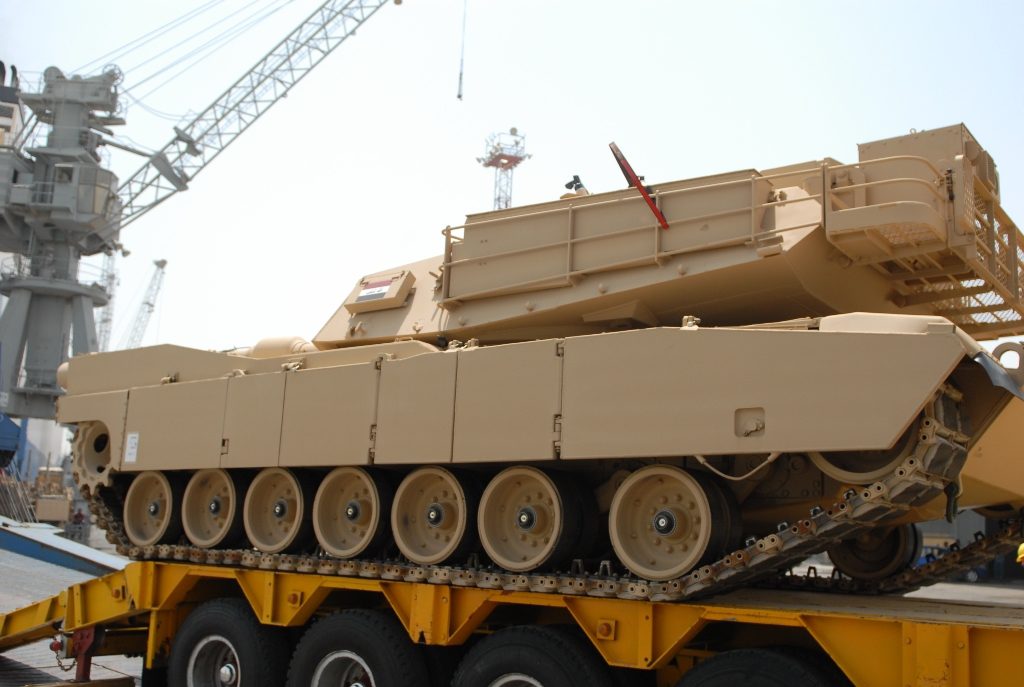
TransArms and IPIS undertook a thorough research of the responsibilities of states and companies involved in the transfer of military equipment by sea under customary international law. The maritime transport is by far the main modality for the transfers of military equipment and commodities. The report considers cases of irresponsible shipments of arms and military commodities […]
Hotel Hercules
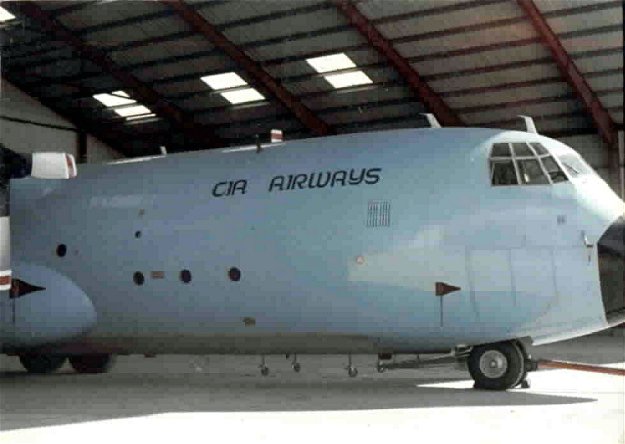
Hotel Hercules is the fruit of an encounter and exchange between Sergio Finardi, defence logistics expert and Don Rogers, a flight engineer who operated on aircrafts servicing CIA operations in support of UNITA between 1986 and 1988. Don Rogers shared memories of his flights to UNITA headquarters as a member of secret CIA missions to […]
Supply Chains and Transport Corridors in East Africa
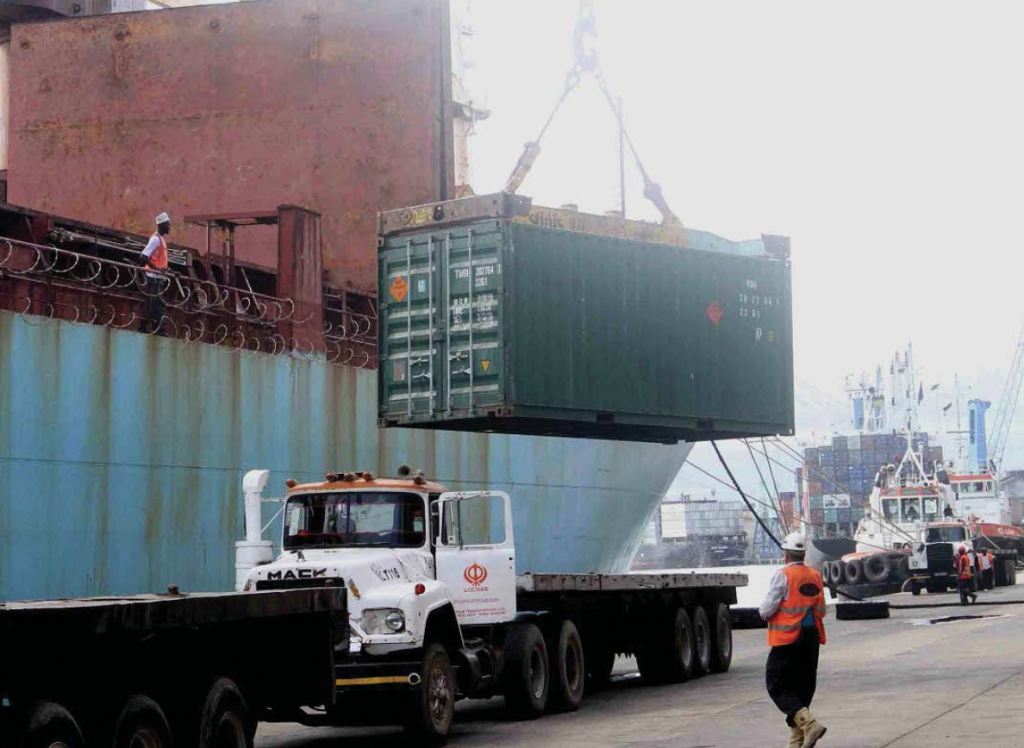
Transport infrastructure plays a key role in boosting a country or region’s economic development. IPIS and TransArms have ascertained on several occasions that the underdevelopment or degeneration of transport infrastructure is a problematic issue across a number of African countries and regions. This report analyses the current logistics situation in Eastern Africa, and the logistic […]
Ambushed in Bangkok? The U.N. Panel on North Korea and the case of the IL-76 “4L-AWA”
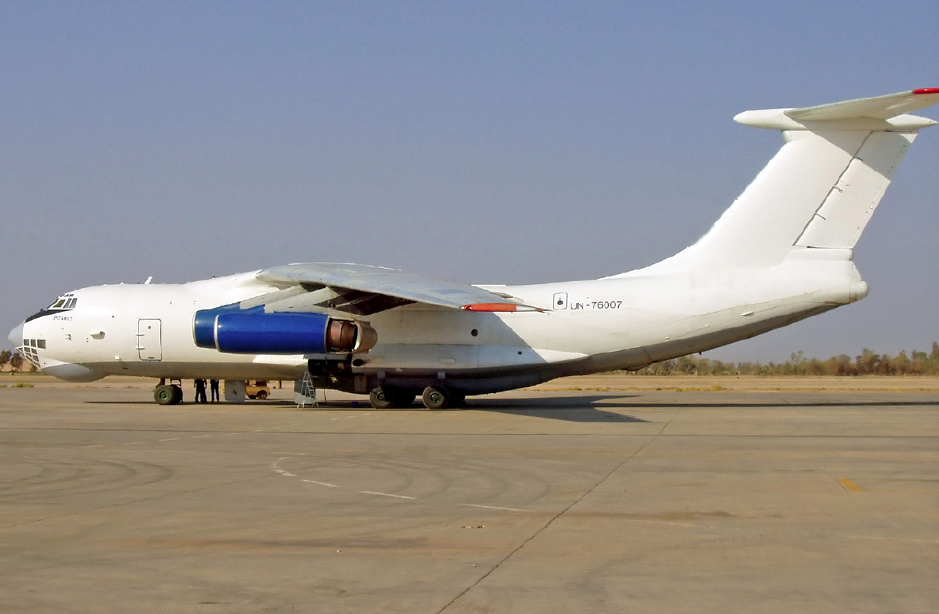
This new IPIS/Transarms report explains why the conclusion of the latest United Nations report on North Korea sanctions about an arms flight grounded in Thailand is not supported by facts, but based on a misalliance of wrong and misleading information gleaned both about the cargo aircraft. its flight and the entities involved, together with erroneous […]
Pinocchio Ltd. The NRA and its corporate partners: US shipments of small arms ammunition by sea

The National Rifle Association (NRA) claims to have monitored in the last 20 years all United Nations activities that could impact Second Amendment rights. Its latest target is the Arms Trade Treaty (ATT), an international treaty to establish common international standards for the import, export, and transfer of conventional arms presently under discussion at the […]
A Code of Conduct for Arms Transport by Air. Transport Services under an Arms Trade Treaty Series
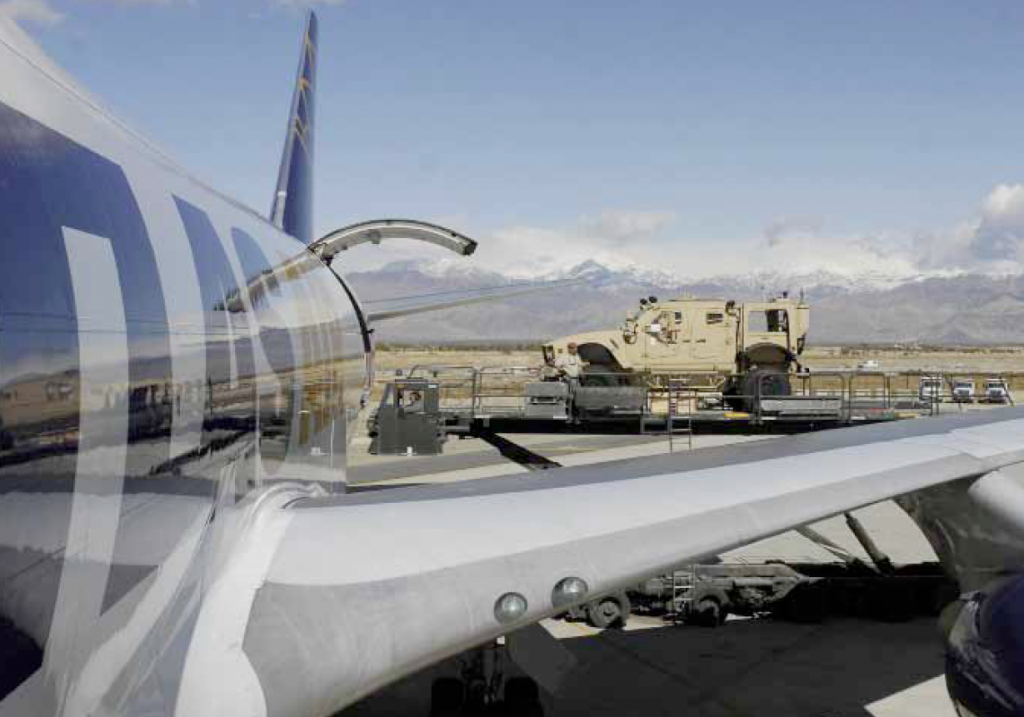
This report is a discussion of some key considerations for the development of and “Air Cargo Industry Voluntary Code of Conduct relating to the transport of arms, ammunition and other military equipment” (ACI Code). The purpose of such a Code is to encourage as many aviation companies and other actors as possible in the air […]
Rough Seas. Maritime Transport and Arms Shipments

As stated by the authors in their report “Transparency and Accountability” (February 2012), the Chairman’s Draft Paper (14 July 2011) presented by the Arms Trade Treaty’s Preparatory Committee (ATT PrepCom) included within the ATT scope certain activities that should fall under the category of “services”, such as transport and brokering. However, no provision has been […]
Transparency and Accountability. Monitoring and Reporting Methods Under An Arms Trade Treaty

Without an understanding of the existing practices of States regarding their commonly agreed standards for the monitoring and reporting of their international transfers of conventional arms, it will be very difficult to draft many of the basic provisions of the Treaty to ensure compliance and enforcement. This report therefore seeks to clarify and discuss existing […]
“Véhicules civils militarisables” and the EU arms embargo on Sudan
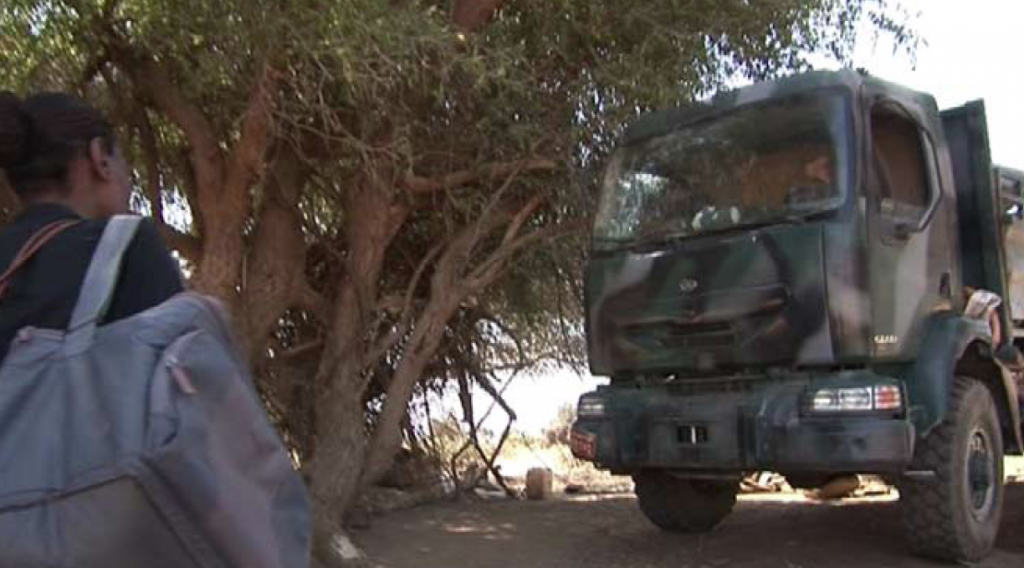
The ongoing humanitarian crisis in Darfur has been overlooked recently because the international community has been focusing on the popular revolts in North Africa in the first half of the year and South Sudan’s peaceful referendum on secession from northern Sudan, and the subsequent violence in and over the contested Abyei region, In December 2010, […]
The Arms Flyers. Commercial Aviation, Human Rights, and the Business of War and Arms
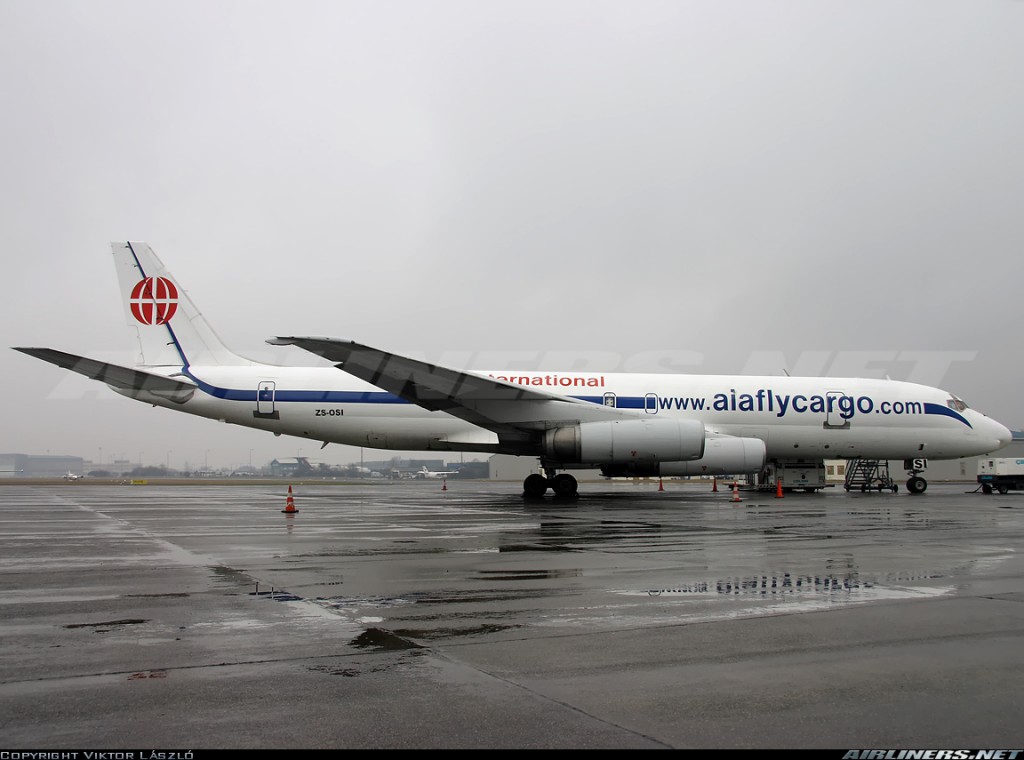
In the last decades, the “business of war” has attracted thousands of civilian transport and logistics companies, especially in the aviation sector. State and non-State actors engaged in armed conflicts or in military operations that require substantial logistic support have increasingly resorted to the services of civilian transport operators to fulfill their transport and logistics […]
The Karamoja Cluster of eastern Africa: Arms transfers and their repercussions on communal security perceptions

Nomadic peoples are often, if not universally, perceived as a problem by the governments of the nation states who have responsibility for them; this is particularly so in the case of the three nations with which this report is concerned, viz: Kenya, Uganda and (southern) Sudan. The pastoralist societies within the Karamajong cluster have been […]
Mapping the Labyrinth: more on the strange weapons flight of 4L-AWA

This research report is the third in a series about the case of a IL-76 aircraft used for an apparently clandestine arms flight in provenance from Pyongyang – in contravention of the United Nations arms embargo on North Korea -, which was impounded by Thai authorities during a technical stop in Bangkok December 12, 2009. […]
Deadly Movements. Transportation Controls in the Arms Trade Treaty
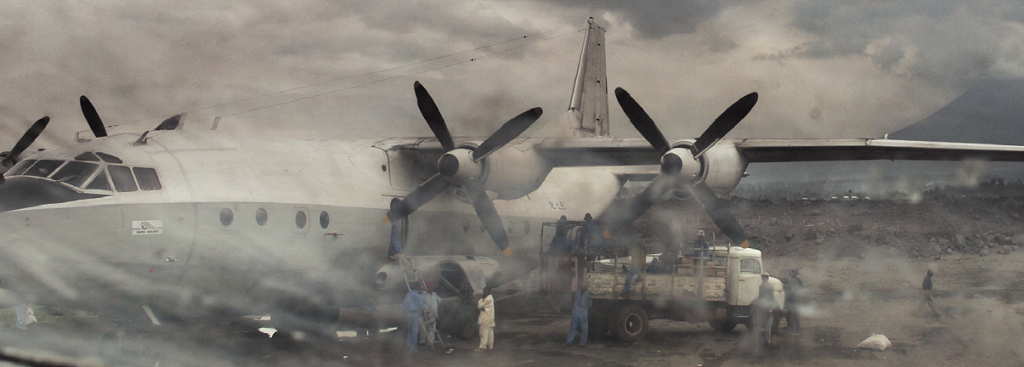
Effective regulation of the global trade in conventional arms must include adequate provisions to control the physical movement of arms across international borders. The proposed Arms Trade Treaty (ATT) should be designed to prevent unauthorised or irresponsible international transfers of weapons, munitions and related equipment internationally: it must therefore require states to impose effective controls […]
From deceit to discovery: The strange flight of 4L-AWA (update)

A joint IPIS/Transarms publication. Download in pdf or open with issuu reader.

